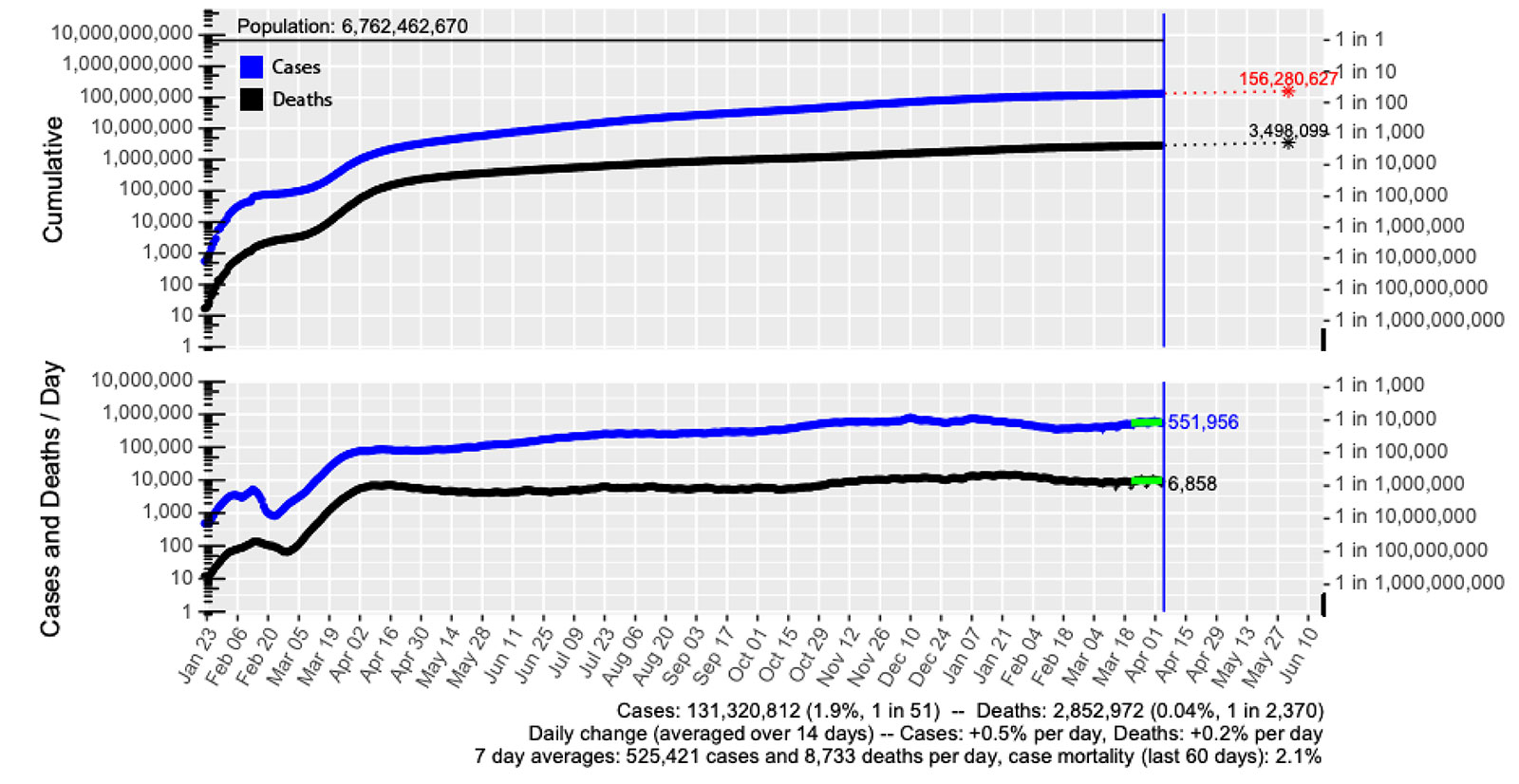
In a time when progress in cardiology often centers on innovative drugs and state-of-the-art technologies, an uncomplicated and budget-friendly approach like the flu vaccine has surfaced as a powerful method for preventing cardiovascular incidents such as heart attacks. Although it doesn’t garner much attention in the pharmaceutical realm, evidence increasingly supports the noteworthy cardiovascular advantages of flu vaccination, particularly emphasizing its role in lowering the risk of myocardial infarction (MI) after influenza.
An essential study published in The New England Journal of Medicine highlights the connection between influenza and a heightened risk of heart attacks. The research indicates an alarming sixfold increase in the likelihood of MI within the week following a confirmed influenza infection. This discovery positions the flu as a trigger for cardiovascular occurrences, likely due to mechanisms involving the release of inflammatory cytokines, endothelial dysfunction, and increased platelet activation—ultimately creating a pro-thrombotic state that can convert stable plaques into unstable, ruptured ones.
The IAMI trial further solidified this association by demonstrating the effectiveness of flu vaccination in decreasing mortality and significant cardiovascular events among post-MI patients. Those who received the flu vaccine experienced a notable decline in all-cause mortality from 4.9% to 2.9%, and in cardiovascular mortality from 4.5% to 2.7%. The decrease in the combined outcome of death, MI, or stent thrombosis further highlights the vaccine’s protective advantages. These absolute risk reductions, with a number needed to treat (NNT) as low as ~50 for mortality, offer comparable efficacy to many well-recognized cardiovascular medications, yet with immediate advantages and minimal side effects.
The influenza vaccine functions beyond simply lowering cholesterol; it mitigates the immediate risk of cardiovascular issues by proactively neutralizing a key trigger—influenza. Despite its significant ramifications, the flu shot might not attract the same focus as pharmaceutical treatments due to the absence of patents, branding, and marketing initiatives that usually accompany new drugs. Nevertheless, when evaluated on the basis of absolute risk reduction, the vaccine demonstrates itself to be an essential tool in cardiovascular prevention.
Therefore, it is vital for healthcare providers to emphasize the immediate and considerable benefits of flu vaccination, particularly in vulnerable populations. Strategically presenting the flu shot as an immediate risk-reducer alongside long-term therapies like statins can effectively convey its significance to patients. Compelling evidence suggests that the influenza vaccine should hold a more prominent role in cardiology guidelines—serving as a straightforward, cost-effective, and impactful intervention against heart attacks.